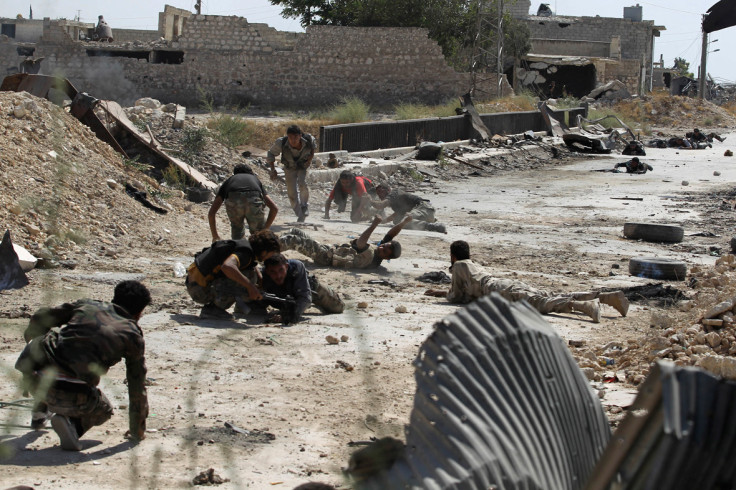Human rights 'not a luxury for peaceful times' despite rise of terror groups like Isis

Guaranteeing human rights has become a subordinated issue for many governments facing crises, Human Rights Watch warned.
In its latest report, World Report 2015, the group analysed the human rights situation in more than 90 countries, concluding governments fail to guarantee basic rights to their citizens during tumultuous times and, as a result, aggravate crises.
The rise of terror groups such as Islamic State (Isis), Boko Haram, al-Shabaab, and the Pakistani and Afghani Taliban has been a major cause of the subordination of human rights.
In the case of Iraq and Syria, for example - where IS has killed thousands of people and persecuted non-Muslim and non-Sunni such as the Yazidi community, whose women have been forced into sexual slavery - the governments' forces deliberately attack civilians in rebel-held areas.
In Nigeria, where Boko Haram terrorists are seizing vast areas of the country killing thousands, the army often responds with unnecessary violence and mass executions.
Last August, Amnesty International published a report warning that Nigerian soldiers were beheading suspected Boko Haram members and dumping their bodies in mass-graves.
"This tendency to ignore human rights in the face of security challenges was a problem highlighted in the past year in the US," HRW said. "A US Senate committee issued a damning summary of a report on CIA torture, but while President Barack Obama has rejected torture by forces under his command, he has refused to investigate, let alone prosecute, those who ordered the torture detailed in the Senate report."
Many countries, including China, Egypt and Saudi Arabia, are also persecuting political dissidents and activists, while in France there is a danger the government's response to the Charlie Hebdo attacks "will have a chilling effect on free expression and encourage other governments to use such laws to silence their critics".
French police, for example, sparked outrage for having questioned an eight-year-old boy after he had allegedly made a comment in favour of terrorists while at school.
"Some governments make the mistake of seeing human rights as a luxury for less trying times, instead of an essential compass for political action," HRW executive director Kenneth Roth said. "Rather than treating human rights as a chafing restraint, policymakers worldwide would do better to recognise them as moral guides offering a path out of crisis and chaos."
The HRW report comes a day after Freedom House, an NGO dedicated to promoting freedom worldwide, warned several countries are witnessing a rise in more authoritarian regimes and terrorism.
© Copyright IBTimes 2025. All rights reserved.






















